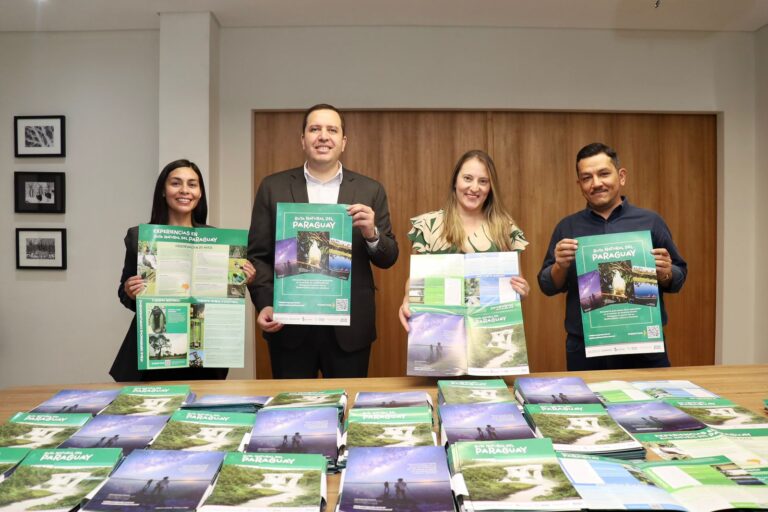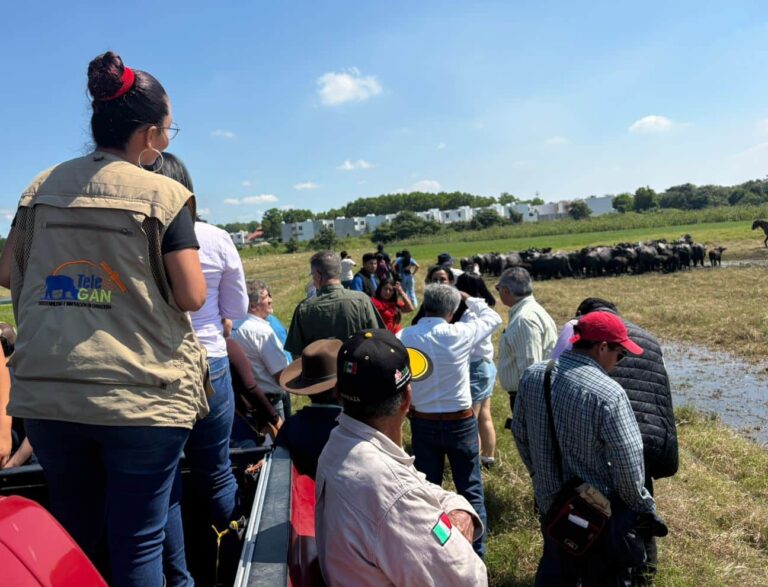Two draft bills were reviewed at the request of the Permanent Commission of Agricultural and Agroindustrial Affairs of the Senate

Affairs of the Senate meeting with IICA-DR
Santo Domingo, Dominican Republic, September 2018 (IICA). The IICA Delegation in the Dominican Republic actively participates in advising the Permanent Commission on Agricultural and Agroindustrial Affairs of the Senate in two preliminary bills related to the creation of the National Service of Agricultural Health and Agrifood Safety and the National Seed Law. To this end, the IICA Delegation has supported the technical assistance of the Agricultural Health, Food Safety and Quality Program, with the participation of the team of local specialists of this Representation.
The draft bill that seeks to create the National Service of Agricultural Health and Food Safety (SENASIA) expects to modernize the structure and institutional operability of this sector so that it can respond more efficiently and adequately to the demands of the agricultural sector and insert agrifood production in a more competitive way, both in local and international markets, and to rearrange the sector in accordance with international norms and standards.
“[The SENASIA] seeks to strengthen the institutionality, in addition to having well-defined roles to serve peremptorily the Dominican agricultural sector” said Mr. Frank Lam, IICA Representative in the country. Likewise, Senator Amílcar Romero, and also President of the Commission of Agricultural and Agroindustrial Affairs thanked all the technical support provided by IICA in strengthening the public policies of the agricultural sector.
Similarly, the drfat bill for the creation of the National Seed Law expects to regulate and adapt the production of plant propagation material to current conditions, in such a way that it can respond to the dynamism of the market, the close link with the private sector and existing international regulations. «The quality of production, as well as the competitiveness of a chain, depends primarily on the genetic material and the varieties that are produced respond to the demands of the market and this law seeks to regulate this important link in agricultural production,» Mr. Frank Lam stated.
More information: Frank Lam, IICA Representative in the Dominican Republic, frank.lam@iica.int











